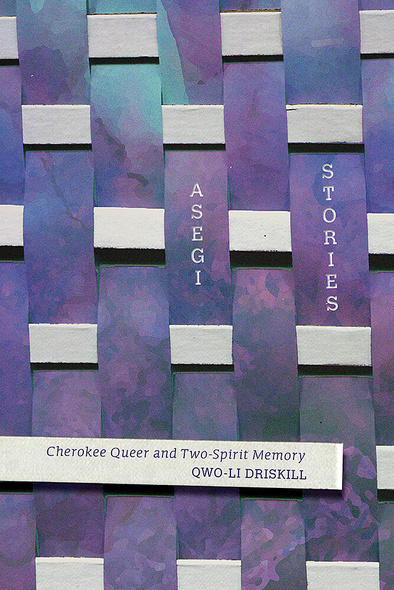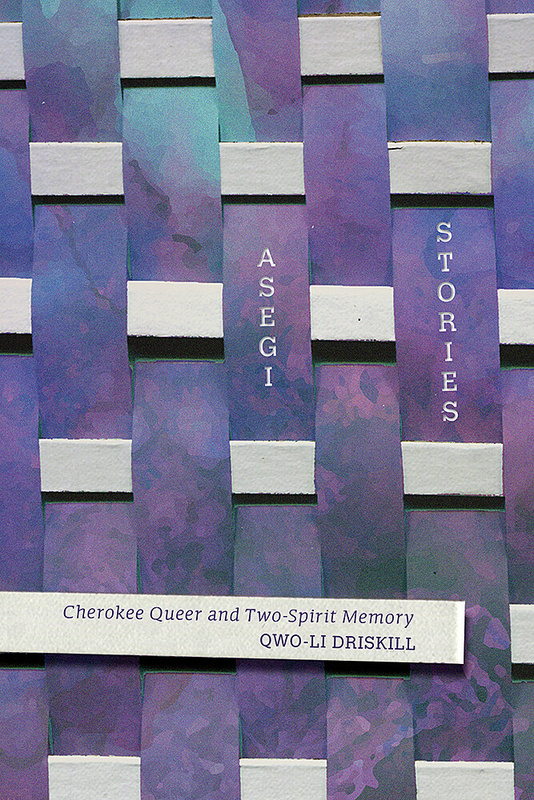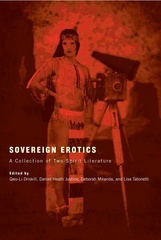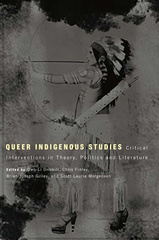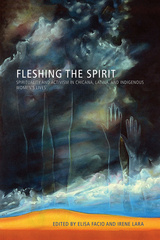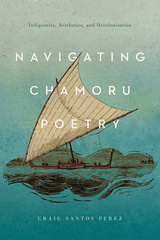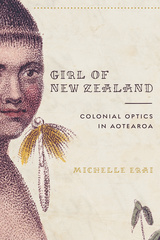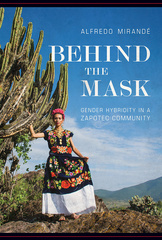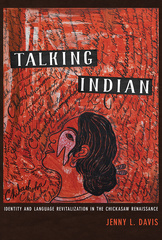Asegi Stories
Cherokee Queer and Two-Spirit Memory
The University of Arizona Press
In Cherokee Asegi udanto refers to people who either fall outside of men’s and women’s roles or who mix men’s and women’s roles. Asegi, which translates as “strange,” is also used by some Cherokees as a term similar to “queer.” For author Qwo-Li Driskill, asegi provides a means by which to reread Cherokee history in order to listen for those stories rendered “strange” by colonial heteropatriarchy.
As the first full-length work of scholarship to develop a tribally specific Indigenous Queer or Two-Spirit critique, Asegi Stories examines gender and sexuality in Cherokee cultural memory, how they shape the present, and how they can influence the future.
The theoretical and methodological underpinnings of Asegi Stories derive from activist, artistic, and intellectual genealogies, referred to as “dissent lines” by Maori scholar Linda Tuhiwai Smith. Driskill intertwines Cherokee and other Indigenous traditions, women of color feminisms, grassroots activisms, queer and Trans studies and politics, rhetoric, Native studies, and decolonial politics. Drawing from oral histories and archival documents in order to articulate Cherokee-centered Two-Spirit critiques, Driskill contributes to the larger intertribal movements for social justice.
As the first full-length work of scholarship to develop a tribally specific Indigenous Queer or Two-Spirit critique, Asegi Stories examines gender and sexuality in Cherokee cultural memory, how they shape the present, and how they can influence the future.
The theoretical and methodological underpinnings of Asegi Stories derive from activist, artistic, and intellectual genealogies, referred to as “dissent lines” by Maori scholar Linda Tuhiwai Smith. Driskill intertwines Cherokee and other Indigenous traditions, women of color feminisms, grassroots activisms, queer and Trans studies and politics, rhetoric, Native studies, and decolonial politics. Drawing from oral histories and archival documents in order to articulate Cherokee-centered Two-Spirit critiques, Driskill contributes to the larger intertribal movements for social justice.
Qwo-Li Driskill is an assistant professor in the Women, Gender and Sexuality Studies Department at Oregon State University. Driskill is co-editor of Queer Indigenous Studies: Critical Interventions in Theory, Politics, and Literature and Sovereign Erotics: A Collection of Two-Spirit Literature. S/he is also the author of the poetry collection Walking with Ghosts: Poems.
Acknowledgments
Introduction. Asegi Stories: Memories Between the Basket Walls
1 Doubleweaving Two-Spirit Critiques: Building Alliances Between Native and Queer Studies
2 The Queer Lady of Cofitachequi and Other Asegi Routes
3 Unweaving the Basket: Missionaries, Slavery, and the Regulation of Gender and Sexuality
4 Beautiful as the Red Rainbow: Cherokee Two-Spirits Rebeautifying Erotic Memory
5 ᎠᏎᎩ ᎠᏰᏟ ( Asegi Ayetl): Cherokee Two-Spirit People Reimagining Nation
Epilogue. Doubleweave: An Asegi Manifesto
Notes
Works Cited
Index

